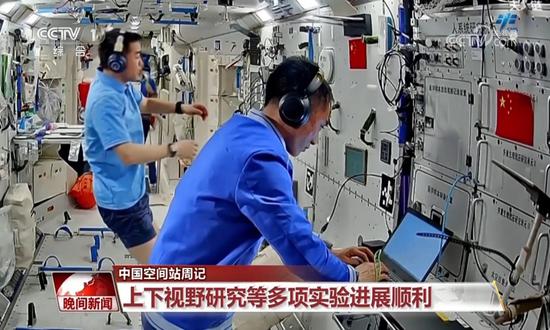
Chinese taikonauts have made steady progress in multiple experiments over the past week, including a vertical visual field study, and have also conducted research related to microbiota and nutrient metabolism, CCTV News reported on Monday.
In the field of space medicine, multiple studies — including the upward and downward visual field study — have progressed smoothly. Using specialized equipment and testing software, the crew completed behavioral assessments, according to the report.
The data collected will help examine how microgravity and shifts in attentional focus affect the asymmetry of taikonauts' vertical visual fields and the associated neural mechanisms, providing valuable references for future mission planning and human-machine interface design.
The crew also conducted microbiota and nutrient metabolism research using a Raman spectrometer. By analyzing metabolic components in urine samples, they further refined the indicator system and evaluation criteria for key metabolites. Downlinked samples will support multiple experiments, including studies on bone metabolism and regulatory interactions, according to CCTV News.
Additionally, the taikonauts continued collaborative research with the onboard intelligent flying robot, focusing on spatial human-robot interaction, robot behavior modeling, and multimodal interaction technologies, to explore efficient cooperation methods with the smart assistant “Xiao Hang.”
Last week, the crew completed scheduled tasks such as deep maintenance of the microgravity resistance exercise device, inspection of regenerative life support systems, and thermal control equipment maintenance.

































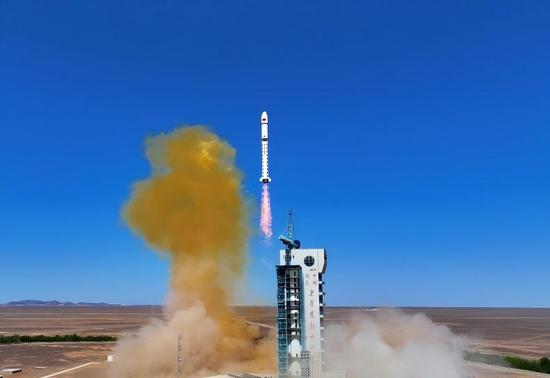



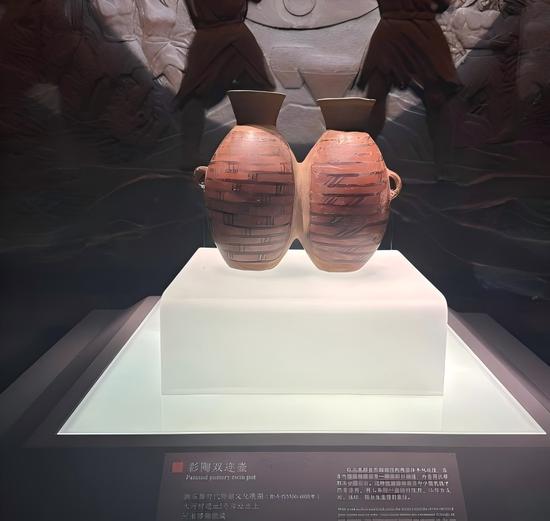
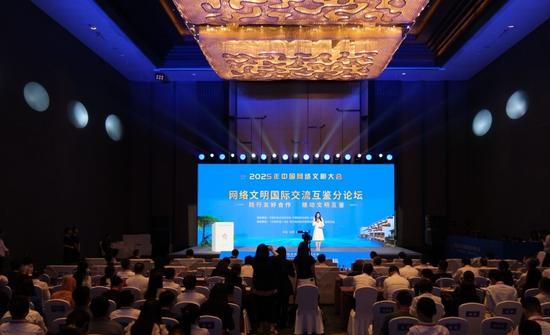


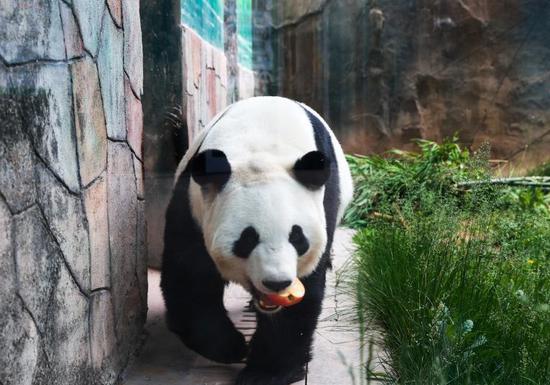

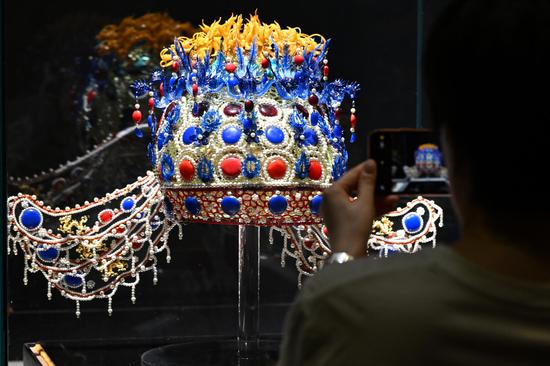






 京公網安備 11010202009201號
京公網安備 11010202009201號